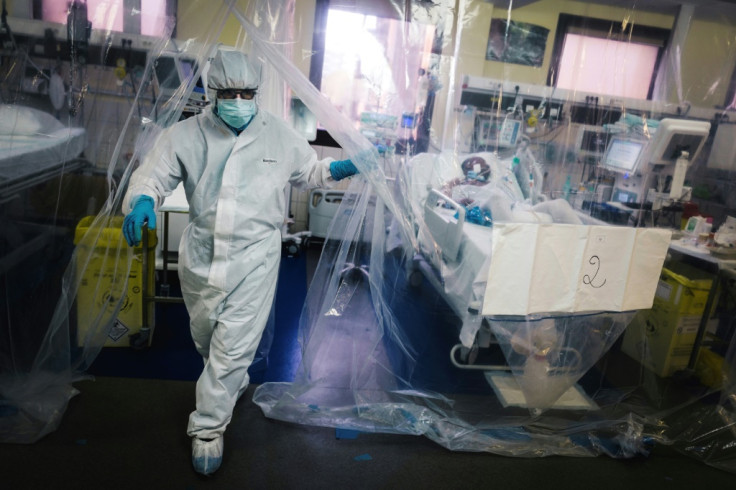COVID-19 contact tracing app for Google to have difficult roll-out due to OEMs
While handsets on Google's ecosystem are generally perceived to have more features, its biggest caveat is the timely software upgrades.
It was recently reported that Apple and Google are working with public health officials to come up with a COVID-19 contact tracing platform. This is a major step to hopefully prevent the transmission of the virus. The plan is to update the software so that it can gather the data from accredited health apps and use some of the functionalities of the smartphones. Ideally, it should warn users if they are in proximity or have encountered people who are infected.
The way tech experts see it, implementation on iOS hardware will be a smooth process. Apple generally releases updates to all of its devices at the same time. On the other hand, a large number of original equipment manufacturers (OEMs) that use Android will prove to be a challenge. Similar to how handsets from Samsung, Motorola, and others do not receive new firmware in one general roll-out, it will take a while before all models are updated.
While handsets on Google's ecosystem are generally perceived to have more features, its biggest caveat is the timely software upgrades. Since Android is licensed to third-party manufacturers, updates normally undergo testing to ensure that it does not cause hardware problems. According to a report from CNET, tech experts refer to this as "fragmentation." As such, it is understandable why some developers prefer to stick with iOS. It is likely that the COVID-19 contact tracing feature will become available for iPhones initially.
A workaround being considered by the internet search company is to use Google Play Services to distribute the necessary software. This bypasses the need for OEMs to test the software because all Android smartphones except for recent ones from Huawei and other blacklisted brands ship with the necessary software to communicate with Google's servers.

Nevertheless, the companies are united in their goal to help the government curb the spread of SARS-COV-2. While Google and Apple will contribute to the cause via their contact tracing features, medical researchers are hard at work with new ways to detect and diagnose patients. Current testing methods have some limitations that can even give inaccurate results or take a long time. Some of the latest prototypes can confirm infections properly and in a shorter timeframe.
© Copyright IBTimes 2025. All rights reserved.





















